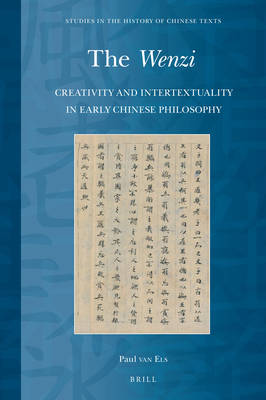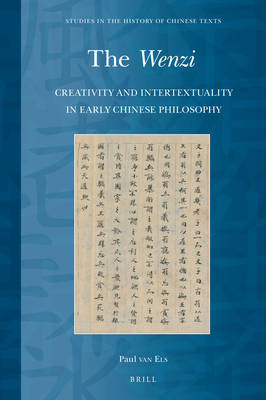
- Afhalen na 1 uur in een winkel met voorraad
- Gratis thuislevering in België vanaf € 30
- Ruim aanbod met 7 miljoen producten
- Afhalen na 1 uur in een winkel met voorraad
- Gratis thuislevering in België vanaf € 30
- Ruim aanbod met 7 miljoen producten
Zoeken
€ 181,95
+ 363 punten
Omschrijving
The Wenzi is a Chinese philosophical text that enjoyed considerable prestige in the centuries following its creation, over two-thousand years ago. When questions regarding its authenticity arose, the text was branded a forgery and consigned to near oblivion. The discovery of an age-old Wenzi manuscript, inked on strips of bamboo, refueled interest in the text. In this combined study of the bamboo manuscript and the received text, Van Els argues that they belong to two distinct text traditions as he studies the date, authorship, and philosophy of each tradition, as well as the reception history of the received text. This study sheds light on text production and reception in Chinese history, with its changing views on authorship, originality, authenticity, and forgery, both past and present.
Specificaties
Betrokkenen
- Auteur(s):
- Uitgeverij:
Inhoud
- Aantal bladzijden:
- 248
- Taal:
- Engels
- Reeks:
- Reeksnummer:
- nr. 9
Eigenschappen
- Productcode (EAN):
- 9789004264793
- Verschijningsdatum:
- 22/03/2018
- Uitvoering:
- Hardcover
- Formaat:
- Genaaid
- Afmetingen:
- 160 mm x 236 mm
- Gewicht:
- 498 g

Alleen bij Standaard Boekhandel
+ 363 punten op je klantenkaart van Standaard Boekhandel
Beoordelingen
We publiceren alleen reviews die voldoen aan de voorwaarden voor reviews. Bekijk onze voorwaarden voor reviews.








